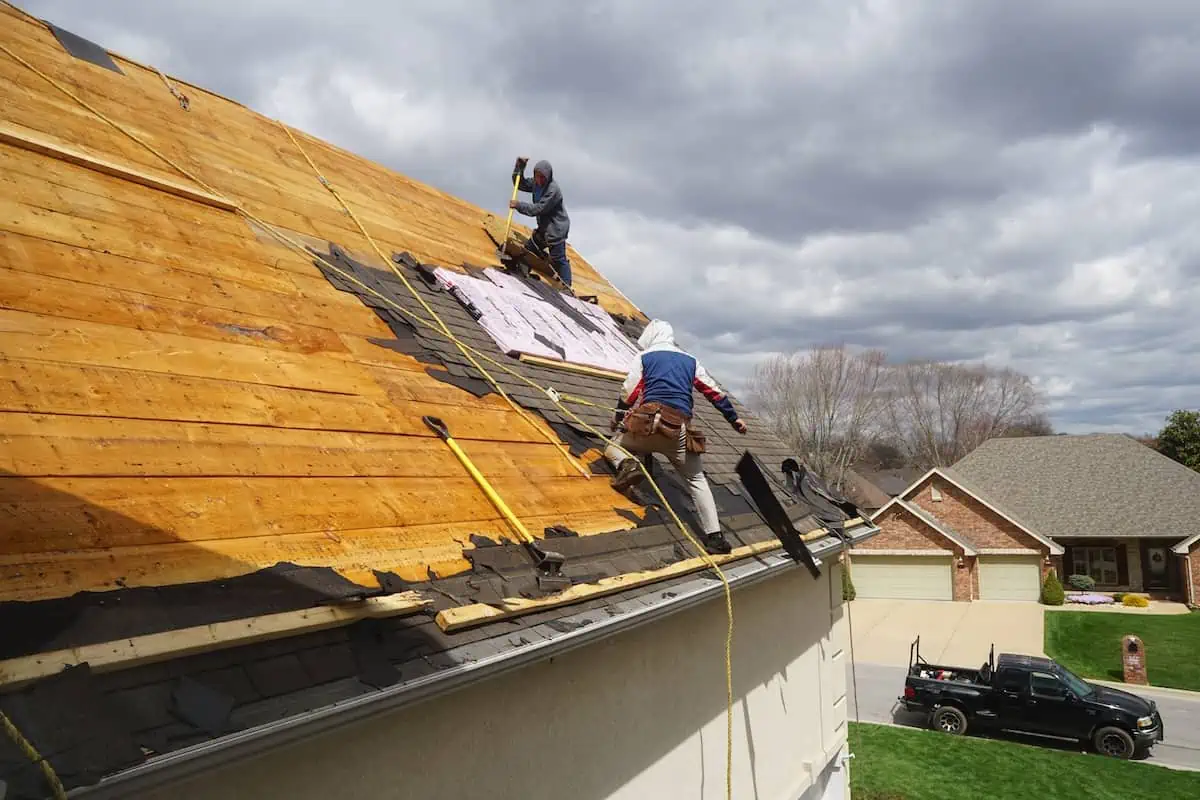The roofing industry plays a crucial role in the construction sector, providing shelter and protection to homes and businesses. However, behind the scenes, roofing companies like Rapid Roofing Solutions, grapple with a myriad of challenges within their supply chains.
From the sourcing of raw materials to the delivery of finished products, the industry faces several hurdles that impact timelines, costs, and overall efficiency.
Raw Material Procurement
One of the primary challenges faced by roofing companies is the procurement of raw materials. The industry relies heavily on materials such as asphalt, shingles, metal, and insulation. Fluctuations in the prices of these materials, often influenced by global market trends and geopolitical events, can pose a significant threat to the stability of the supply chain.
For instance, sudden spikes in the cost of asphalt can send shockwaves through the industry, affecting profit margins and pricing strategies.
Transportation Woes
Once raw materials are secured, roofing companies must grapple with the logistical challenge of transporting these materials to manufacturing facilities. The transportation sector, plagued by driver shortages, rising fuel costs, and infrastructure limitations, can lead to delays in material delivery.
This not only impacts production schedules but can also create a ripple effect throughout the supply chain, affecting project timelines for roofing contractors.
Inventory Management Challenges
Effective inventory management is crucial in the roofing industry, where materials have varying shelf lives and storage requirements. Roofing companies must strike a delicate balance between maintaining sufficient stock to meet demand and avoiding excess inventory that ties up capital.
Additionally, the perishable nature of some materials, such as adhesives and coatings, requires careful monitoring to prevent waste and ensure product quality.
Weather-Related Setbacks
Roofing projects are highly sensitive to weather conditions, and unexpected weather events can disrupt the supply chain. Hurricanes, snowstorms, and heavy rain can impede the transportation of materials and delay construction projects.
The unpredictability of weather patterns poses a constant challenge for roofing companies, requiring them to implement contingency plans and build flexibility into their supply chain strategies.
Global Supply Chain Disruptions
The roofing industry, like many others, is interconnected on a global scale. Supply chain disruptions, such as those witnessed during the COVID-19 pandemic, can reverberate through the industry.
Factory closures, shipping delays, and labor shortages can create bottlenecks in the supply chain, impacting the availability of materials and increasing lead times. Companies must adopt resilient supply chain practices and diversify sourcing to mitigate the impact of global disruptions.
Technological Integration
In an era of digital transformation, roofing companies are increasingly turning to technology to optimize their supply chains. However, integrating new technologies, such as automated inventory systems and predictive analytics, presents its own set of challenges.
Companies must invest in training employees, ensuring data security, and overcoming resistance to change to fully leverage the benefits of technological advancements.
Conclusion
The roofing industry, while essential for the construction sector, grapples with multifaceted challenges within its supply chain. From raw material procurement to transportation logistics and global disruptions, roofing companies must navigate a complex landscape.
By adopting innovative strategies, embracing technology, and building resilient supply chains, these companies can overcome these challenges, ensuring a steady flow of materials and the timely completion of roofing projects.
Roofing Industry article and permission to publish here provided by Patrick Otto. Originally written for Supply Chain Game Changer and published on December 24, 2023.
Cover photo by Robert Linder on Unsplash.

